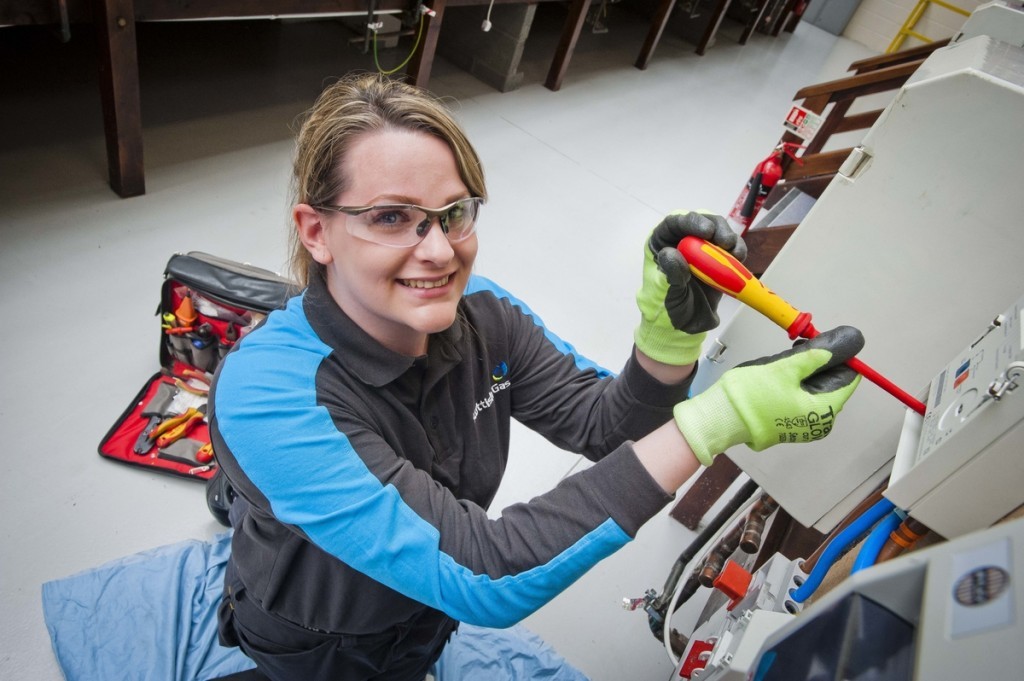
The UK’s smart meter rollout has been plagued with problems from the outset. From issues with the technology to meters failing when suppliers are switched, it seems the government may have underestimated the effort required to get meters in every home and business across the UK.
To date, around 13.5 million smart meters have been installed in customers’ homes. However, the majority of these are SMETS1, the first generation of devices, which are known to ‘go dumb’ when switching supplier. Recent research has shown that 58% of the currently installed smart meters stop working following a supplier change.
The second generation (SMETS2) meter is designed to solve this issue, but only around half a million of these are in place. Just 250,000 have been installed since the start of the year.
Under the current target, every home and business should have a functional smart meter by 2020. However, this is looking increasingly unattainable, despite growing pressure on both suppliers and customers to pick up the pace.
At the current installation rate of 1.25 million each quarter, it would take another six years to finish the rollout to domestic customers. In order to meet the current deadline, the rate would need to triple, which would add immensely to the already spiralling costs of the project.
With energy customers bound to bear the brunt of any increase in rollout costs, it seems it’s high time the target was revised to avoid adding unnecessarily to already soaring household bills.
Energy firms told to slow down installation
Despite growing pressure to get more meters installed, energy suppliers are facing more issues than expected.
Technical issues with the new SMETS2 devices means there physically aren’t enough meters to meet the current tranche of installation appointments. As a result, Foresight Metering who supply the devices have recommended to energy suppliers that ‘there should be a dip in their rollout programme’.
For suppliers, it’s a lose-lose situation. Failing to install meters has, in the past, seen huge fines levied against firms by Ofgem. Most recently, Avro Energy have been threatened with a ban on taking on new customers until they become compliant. But with not enough smart meters to go around, there’s little they can do to pick up the pace.
No sense in pushing suppliers
Suppliers are expected to do everything they can to ensure rollout by 31st December 2020. With less than two years to go, this is an increasingly unrealistic target.
Those who fail to achieve the target could face investigation and even enforcement from Ofgem. In the past, during the business smart meter rollout, failing to install enough meters led to substantial fines. In the case of E.On, this amounted to £7m.
Times are tough for energy suppliers right now, with the price cap hindering profits and rising costs of supply delivery further squeezing profits. Anything which results in more costs, either directly from fines or due to increased administration, could tip more suppliers over the edge.
As well as being dangerous from a suppliers point of view, rushing the installation could have an impact from the customers point of view too. Having a non-functional smart meter is almost certainly worse than not having one at all, and will inevitably lead to disengagement and dissatisfaction with the technology.
A revision to the timescales for rollout was previously recommended by Citizens Advice for exactly this reason, not to mention the rising cost of rushing installations. They suggested 2023 as a new, more achievable deadline, but as yet the goal posts have not been moved.
Energy customers will pick up the bill
In any situation where energy suppliers are hit by fines or unexpected costs, they will look to claw that money back through increased tariff rates. Although the energy price cap goes some way to preventing ridiculously expensive default tariffs, it does nothing to stop the cheapest fixed term deals from disappearing from the market.
The recent collapse of multiple energy suppliers has been estimated to add £80m to the collective bills of domestic customers. And then there’s the £58.6m shortfall in ROCs payments, which will be distributed across the UK’s energy suppliers and, ultimately, paid for by bill payers. Adding additional costs related to the smart meter rollout to these other debts could see household bills skyrocketing.
It seems unfair that the consumer is going to be left to pick up the tab on this poorly managed infrastructure project. If the government wants to avoid this situation, it’s high time they took the pressure off energy suppliers and moved the deadline to a more reasonable date.
Recommended for you
